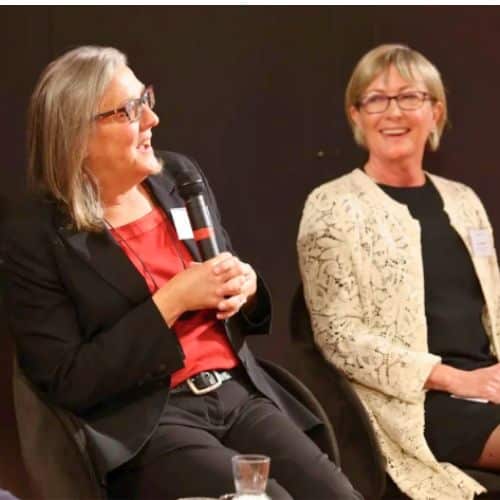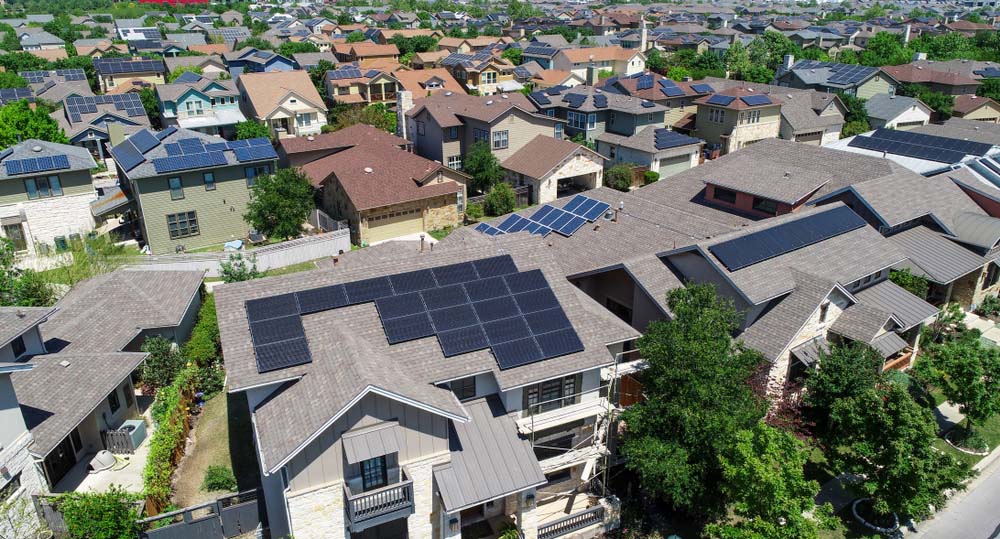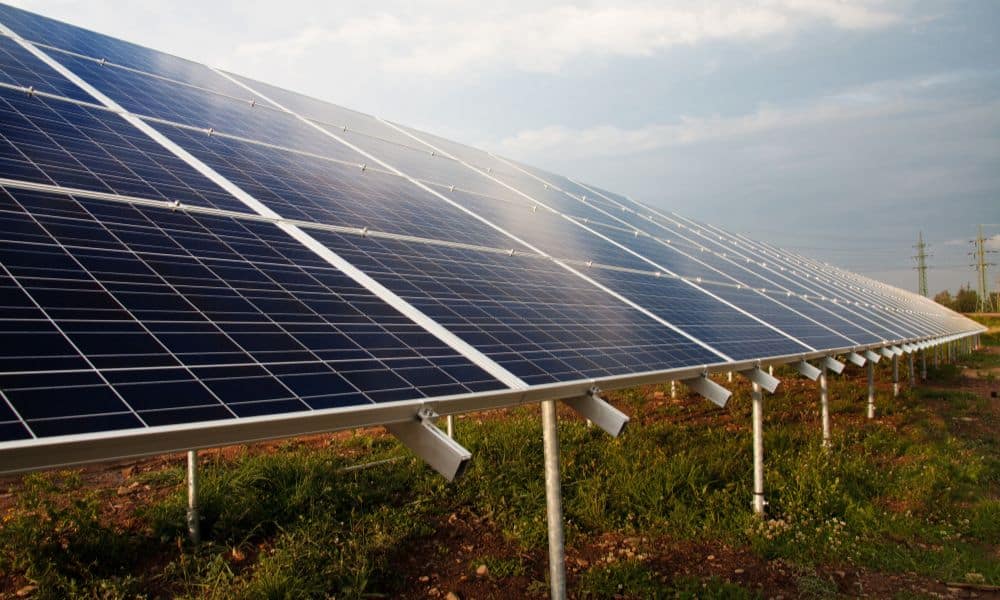In recent years, the global shift towards renewable energy sources has accelerated, driven by the pressing need to address climate change and reduce greenhouse gas emissions. Solar energy, in particular, has emerged as a viable and sustainable alternative to fossil fuels. The potential for solar energy generation is immense in Australia, a country known for its abundant sunshine. However, despite favourable natural conditions, the nation has faced challenges in establishing a robust solar manufacturing industry.
Are you looking to save money on your electricity bills and reduce your carbon footprint? Solar energy is the perfect solution! Energy Matters can help you get up to 3 FREE quotes from pre-qualified and vetted solar firms in your area.
Energy Matters has been a leader in the renewable energy industry since 2005 and has helped over 40,000 Australian households in their journey to energy independence. With Energy Matters, you can be sure you’re getting the best possible deal on solar energy. We only work with reputable solar firms with a proven track record of delivering high-quality solar systems. Learn more: Why Solar Is Cheaper Than Electricity – Especially in NSW.
Australia is once again becoming a major player in solar manufacturing
Australia is once again looking to become a major player in the solar manufacturing industry. The country has a long history of solar research and development, but it lost its competitive edge in the early 2000s when China began producing solar panels at a much lower cost.
However, the tide is now turning. The cost of solar panels has been declining steadily, and there is a growing demand for clean energy around the world. This has created an opportunity for Australia to re-enter the solar manufacturing market.
There are a number of factors that are driving Australia’s renewed interest in solar manufacturing. One is the government’s commitment to renewable energy. The Australian government has set a target of achieving net zero emissions by 2050, and solar power is seen as a key part of this strategy.
Another factor is the availability of raw materials. Australia is a major silicon producer, a key ingredient in solar panels. This gives the country a natural advantage in the solar manufacturing industry.

UNSW Executive Director, Australian Centre for Advanced Photovoltaics Professor Renate Egan addressed InnovationAus.com Capability Papers: Manufacturing and Energy Transition one-day forum in Sydney: “What’s happened is that we’ve had 20 years of demonstration that it’s possible. And I think the next 20 years it’s possible to do it again.”
“We still have the opportunity. The challenge is to get in at scale, because that’s how you drive down costs and become competitive.”
“Because that’s how you drive down costs and become competitive and therefore we need Australia again to back ourselves. This is what we missed 20 years ago. We can take it now.”
Source&Image: InnovationAus.com Capability Papers: Manufacturing and Energy Transition -Professor Renate Egan (at the left side) as one of the speakers in the one-day forum held in the Museum of Sydney
What is solar manufacturing?
Solar manufacturing in Australia is a growing industry, with the country having a number of advantages in terms of raw materials, research and development, and government support. The Australian government has a number of policies in place to support the solar industry, including the Renewable Energy Target (RET), which requires electricity retailers to source a certain percentage of their electricity from renewable sources.
The main raw material used in solar manufacturing is silicon, which Australia has abundant reserves of. The country also has a strong research and development sector in solar technology, with a number of universities and research institutes working on developing new and improved solar cells and modules.

There is a growing pool of Australian companies with expertise in solar technology. These companies are developing innovative new products and processes that could help to make Australia a global leader in solar manufacturing.
One of the most promising Australian solar companies is Tindo Solar. Tindo Solar is based in Adelaide, South Australia, and it recently opened a new $11 million production facility. The company is producing high-efficiency solar panels that are designed for the Australian climate.
Tindo Solar is not the only Australian company investing in solar manufacturing. Other companies like 5B and RayGen also develop new solar technologies and production processes.
A path towards a more secure solar supply
The Australian government has offered several financial incentives, such as grants and rebates to help companies get started.
Combining government support, private investment, and technological innovation creates a strong foundation for Australia’s solar manufacturing industry. If the country can continue to build on this momentum, it could once again become a major player in the global solar market.
If Australia can overcome the challenges and capitalise on its strengths, it could become a major player in the global solar market again.

What can Australia do to reduce solar PV industry risks?
Australia is well-positioned to be a major player in the global solar PV industry, with abundant solar resources and a strong track record of research and development. However, there are a number of risks that the industry faces, including:
- Reliance on imported raw materials: Australia currently imports most raw materials needed to manufacture solar panels, such as silicon and silver. This exposes the industry to supply chain disruptions and price volatility.
- Increasing competition from China: China is the world’s leading producer of solar panels, and its dominance is likely to continue in the coming years. This could pressure Australian manufacturers to lower their prices, leading to lower profits and job losses.
- Fire safety risks: Solar PV systems can pose a fire risk, especially if they are not installed or maintained properly. This is a particular concern in Australia, where bushfires are common.
To reduce these risks, Australia can take a number of steps, including:
- Developing a domestic solar PV manufacturing industry would help reduce reliance on imported raw materials and insulate the industry from supply chain disruptions.
- Investing in research and development: This would help to improve the efficiency and performance of solar panels, making them more competitive with fossil fuels.
- Strengthening fire safety regulations: This would help to reduce the risk of fires caused by solar PV systems.
In addition to the above, Australia can also:
- Promote the use of solar PV systems by businesses and households: This would help create demand for solar panels and support the industry’s growth.
- Provide financial incentives for solar PV installation: This would make solar panels more affordable for businesses and households.
- Educate the public about the benefits of solar PV: This would raise awareness of the technology and encourage its adoption.
Still can’t afford to switch to solar power?
Are you considering getting solar panels but are currently short on funds? You can still invest wisely, and Energy Matters can help you.
Powow and Energy Matters have teamed up to provide consumers with an alternative to switching to solar power and battery storage.
The biggest obstacle to installing solar and battery storage is typically finance. With Powow’s PPA and VPP, our customers will have a $0 upfront option and financial stability in the uncertain energy market.
Get up to 3 obligation-free quotes by getting in touch with us right away. Find out what payment plan options suit your needs and budget!












































